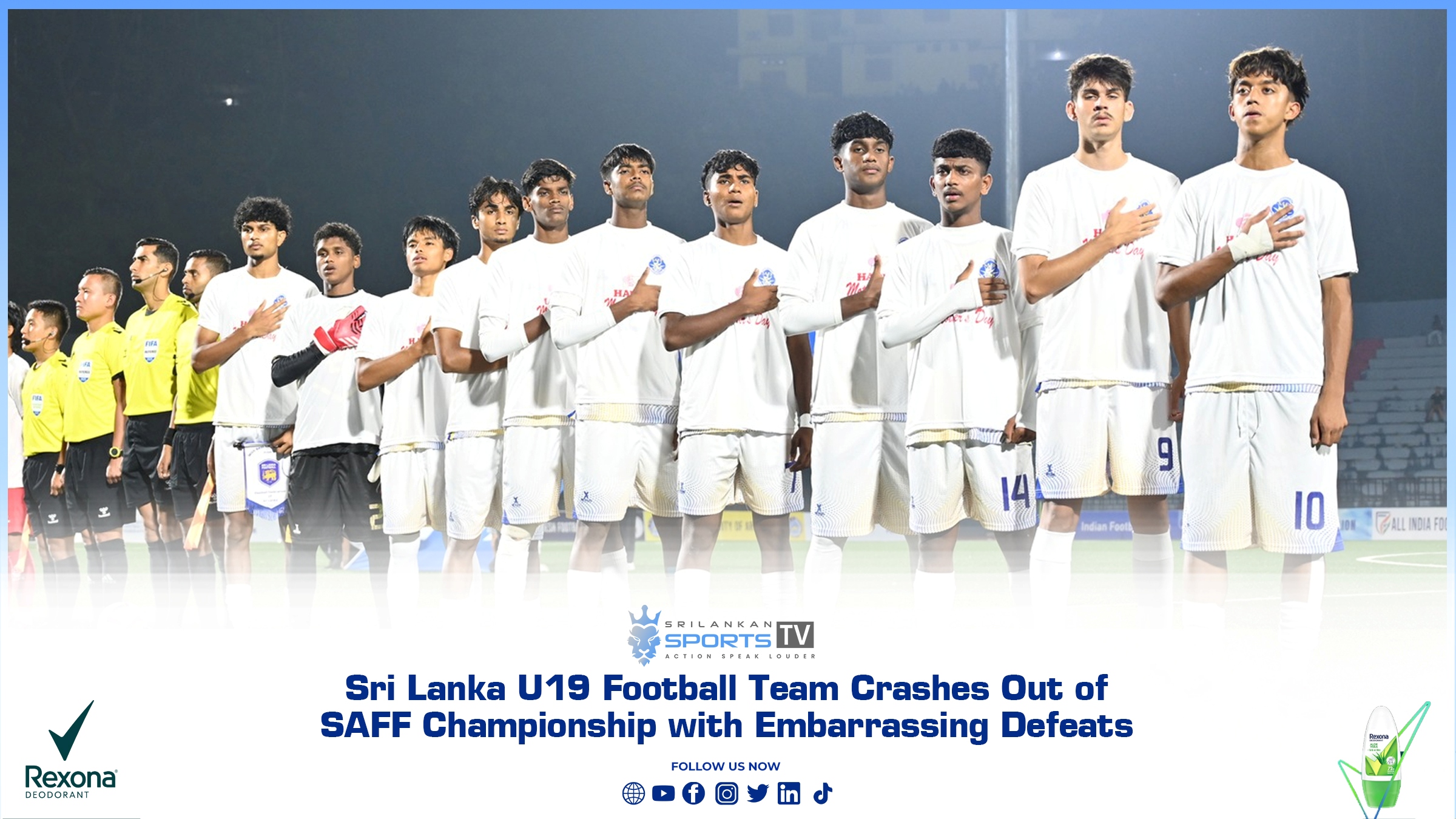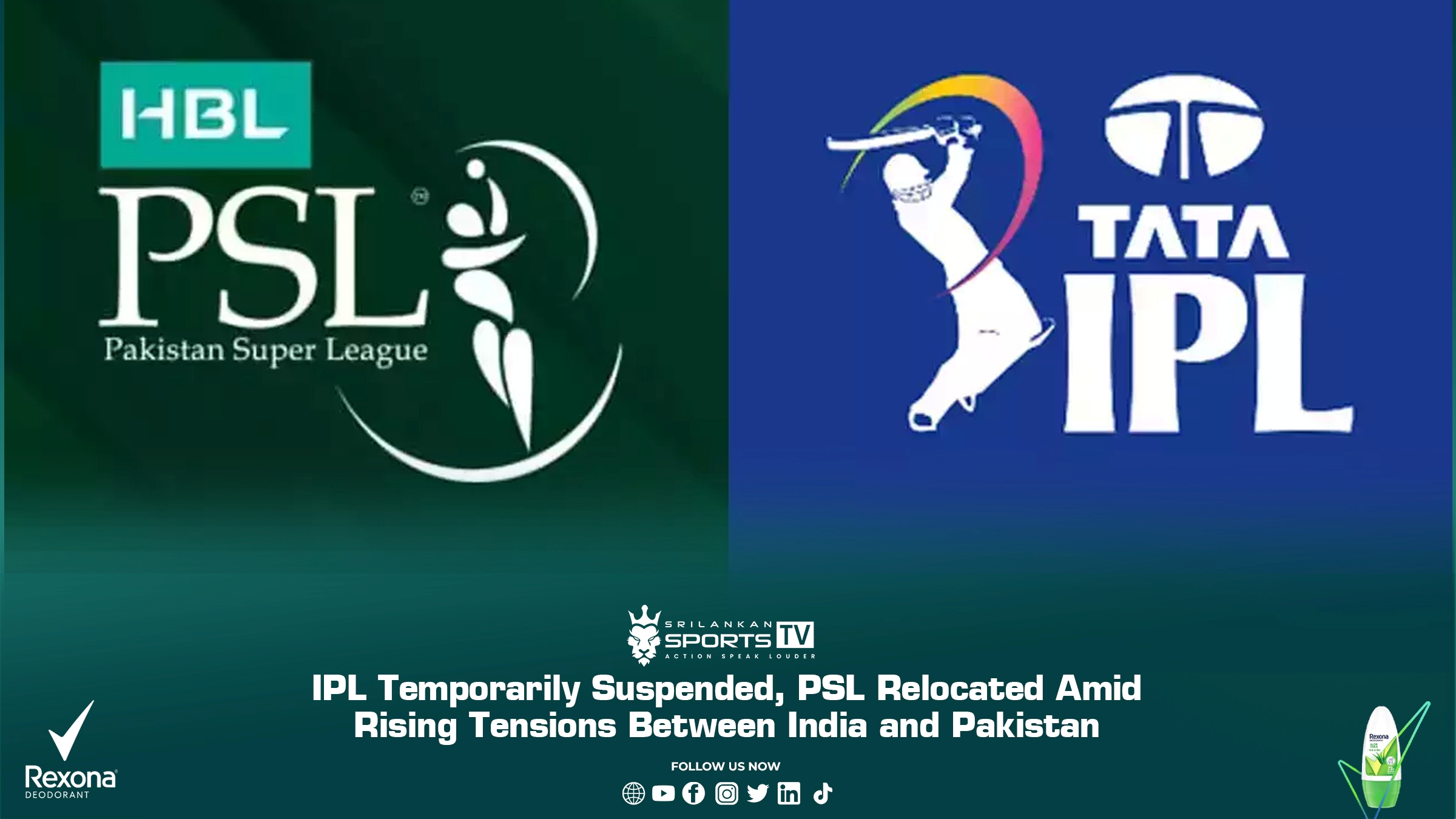News
Revisiting the 2019 World Cup and the league format

The ICC Men’s Cricket World Cup 2023 will follow the same format as the previous edition four years ago, meaning that all 10 teams will face one another.
With a new format set to be introduced in 2027, this will be the final go-around for the 10-team Group Stage which provides 45 entertaining encounters to decide on four semi-finalists.
In 2019, that began with a thrilling clash between England and South Africa at The Oval – the home side getting off to a winning start on their way to a maiden ICC Men’s Cricket World Cup victory.
With every team playing nine matches, the Group Stage lasted six weeks, with ebbs and flows as new contenders emerged.
The beauty of the format meant that a slow start was not necessarily fatal to a team’s chances of progressing.
In 2019, for example, Pakistan started very slowly, winning just one of their opening five matches – earning a 14-run success over eventual champions England at Trent Bridge.
Despite that, Pakistan finished with four successive victories to get to within a whisker of qualification, missing out on the semi-finals on net run-rate.
They finished level on points with runners-up New Zealand and just one point behind England as momentum almost carried them into the semi-finals as the form side.
At the other end of the spectrum, Australia were the first team to clinch a place in the last four, winning six of their first seven matches, the only exception a defeat to India.
India were the next team to book their semi-final spot, beating Bangladesh on their way to leading the Group Stage with seven wins from nine matches.
However, the World Cup is as much about timing your run as being fast starters, and it was the hosts and the Kiwis who found their best form come semi-final time.
With every team having had their chance to take on the world’s best, the knock-out stages were all about peaking on the day.
First up were India and New Zealand, who faced off over two days at Old Trafford as the weather played its part in proceedings.
It went down to the wire, but some stunning fielding from Martin Guptill to remove MS Dhoni in the penultimate over helped the Black Caps to an 18-run victory.
The following day, England were rather more emphatic in avenging their Group Stage loss to Australia, powering to an eight-wicket win to earn a place in the final for the first time since 1992.
Those results meant that the final would crown a new champion for the first time in more than two decades since Sri Lanka had claimed victory as one of the hosts in 1996.
England went onto emulate the Sri Lankans, famously doing so in the most dramatic circumstances at Lord’s.
New Zealand made 241 for eight batting first, before England matched that total, bowled out for 241 in reply to set up a Super Over.
Again, the teams matched each other blow for blow in the Super Over, each scoring 15 runs, as England were crowned champions on boundaries scored.
Victors in the first game, champions in the last, England showed just how to manage this Cricket World Cup format on their way to lifting the trophy.
The question now is, will they be able to repeat the feat or will someone else prove to be the masters of the 10-team Group Stage set-up?
Football
Sri Lanka U19 Football Team Crashes Out of SAFF Championship with Embarrassing Defeats


Sri Lanka’s U19 football team suffered a humiliating exit from the SAFF U19 Championship 2025 after being routed 5-0 by Nepal in their second group stage match, just days after a crushing 8-0 defeat against India. With 13 goals conceded in two matches and none scored, the team’s dismal campaign has raised serious concerns over the Football Federation of Sri Lanka’s (FFSL) preparation and technical planning.
Goals Link: https://www.facebook.com/share/v/1ZXQmc7qJL
The back-to-back heavy losses reflect more than just poor on-field performance — they expose a deeper structural failure in Sri Lanka’s football development system. The decision to hurriedly assemble the squad and include overseas-based Sri Lankan-origin players may have been well-intentioned, but it turned out to be a superficial fix — akin to placing icing on an unbaked cake.
Despite individual talent and moments of athleticism, the team lacked cohesion, tactical discipline, and fitness — a direct result of inadequate preparation and the absence of a proper long-term youth development strategy.
This tournament has made it abundantly clear that international match exposure alone cannot bridge the technical and developmental gaps in Sri Lankan football. Grassroots investment, school-level competitions, proper coaching structures, and continuous player development pathways are urgently needed if Sri Lanka is to be competitive at regional or international levels.
It is time the FFSL technical department, its President, and Executive Committee move beyond media optics and press conferences and instead focus on real football development. Structural reforms, professional planning, and technical consistency must replace ad-hoc preparations and cosmetic fixes.
Sri Lanka’s early exit should serve as a wake-up call: the future of Sri Lankan football depends not on imported talent but on nurturing homegrown players through sustained and systematic development.
Football
India Crushes Sri Lanka 8-0 in SAFF U-19 Championship Opener: A Wake-Up Call for Football Authorities

Sri Lanka’s U-19 football team suffered a devastating 8-0 defeat at the hands of India in their opening match of the SAFF U-19 Championship 2025 held at the Golden Jubilee Stadium in Arunachal Pradesh, India.
From the opening whistle, Sri Lanka appeared unprepared and disorganized, allowing India to dominate every aspect of the match. The scoreline, split evenly with four goals in each half, highlights the defensive collapse and tactical shortcomings of the Lankan side.
India’s Danny Meitei Laishram netted a hat-trick, while Prashan Jajo added a brace, showcasing the stark contrast in quality and preparation between the two teams. Sri Lanka, meanwhile, failed to register any meaningful threat on goal throughout the match.
This humiliating loss raises serious concerns about the strategic planning and readiness of the national youth setup. Despite months to prepare for the tournament, the team lacked structure, fitness, and cohesion—fundamental aspects of international football. The technical team must face questions about the lack of competitive match exposure, tactical discipline, and defensive organization.
Moreover, the physical conditioning of the squad appeared subpar, and substitutions made during the game had minimal impact. The repeated lapses in positioning, marking, and pressing made it clear that the squad was outclassed not just physically but mentally and tactically.
This result must serve as a wake-up call for the Football Federation of Sri Lanka. Talent alone will not bridge the growing gulf between Sri Lanka and regional rivals unless it’s paired with structured development, professional coaching, and consistent investment in youth football.
Sri Lanka must now regroup quickly as they face Nepal U-19 in their next group match on May 11. The path to redemption begins with accountability—and urgent change.
Cricket
IPL Temporarily Suspended, PSL Relocated Amid Rising Tensions Between India and Pakistan

In a major development impacting global cricket, the Indian Premier League (IPL) has been temporarily suspended for a week, while the Pakistan Super League (PSL) has been moved to the UAE due to escalating tensions between India and Pakistan.
The decision by the Board of Control for Cricket in India (BCCI) to pause the IPL was announced on Friday, following heightened military activity along the border in the Kashmir region. The situation has raised significant safety concerns, leading to a precautionary suspension of one of the world’s most-watched sporting events.
“The well-being of players, officials, and fans is paramount. The resumption schedule will be shared after reviewing the evolving situation,” the BCCI said, emphasizing national security as the overriding concern.
This year’s IPL season, which began in March, still had 12 group-stage fixtures remaining before the playoffs. The final, initially scheduled for May 25 in Kolkata, may now face delays or venue changes.
The recent blackout during the match between Punjab Kings and Delhi Capitals in Dharamshala, along with the closure of several airports in northern India, further complicated logistics. Punjab’s upcoming match against Mumbai Indians has already been shifted from Dharamshala to Mumbai as a precautionary measure.
Meanwhile, the Pakistan Cricket Board (PCB) has confirmed the relocation of the remainder of the PSL season to Dubai. This move follows increased concerns from foreign players and support staff about their safety.
An incident involving a drone crash near the Rawalpindi Cricket Stadium just hours before a scheduled PSL match has heightened security concerns. The match was to feature several international stars from countries including Australia, England, South Africa, and the West Indies.
The ongoing crisis has put the cricketing world on alert, with both cricket boards closely monitoring the geopolitical situation. While cricket holds a significant place in both nations’ cultures, current developments have shifted priorities toward safety and stability.
-

 Live4 years ago
Live4 years agoLive Broadcast of Syria vs Sri Lanka | AFC U23 Asian Championship Qualification
-

 Football3 months ago
Football3 months agoSri Lanka Schools National Championship 2025: Super 8 Fixtures and Grouping
-

 Football4 months ago
Football4 months agoFFSL Rebrands Division-1 as ‘League-One’ with a Bold New Vision
-

 News3 months ago
News3 months ago2025 Schools Rugby Season Set to Thrill Fans with Knockout and League Action
-

 News4 years ago
News4 years agoWe are Back
-

 Football3 months ago
Football3 months agoSri Lanka Schools National Championship 2024: Super Eight Round Concludes – Semifinalists Confirmed!
-

 Cricket3 months ago
Cricket3 months agoSri Lanka vs Australia 2nd Test: Spin to Dominate as Galle Pitch Set to Turn
-

 Football4 months ago
Football4 months agoErling Haaland Signs Record-Breaking 9.5-Year Contract Extension with Manchester City




